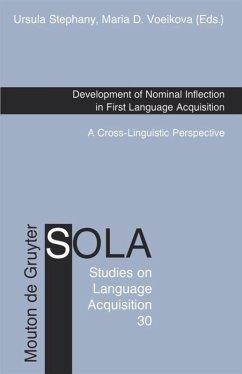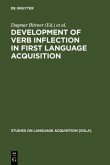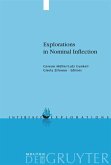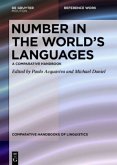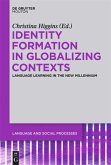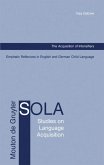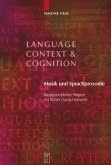This book deals with the emergence of nominal morphology from a cross-linguistic perspective and is closely related to Development of Verb Inflection in First Language Acquisition (ed. by D. Bittner, W. U. Dressler, M. Kilani-Schoch) both methodologically and theoretically. Each of the fourteen contributions studies the early development of the fundamental inflectionally expressed categories of the noun (number, case, gender) in one of the languages belonging to different morphological types (isolating, fusional-inflecting, agglutinating, root inflecting) and families (Germanic, Romance, Slavic/Baltic, Greek, Finnic, Turc, Semitic, Indian American). The analyses are based on parallel longitudinal observations of children in their second and early third year of life as well as their input. The focus lies on the transition from a pre-morphological to a proto-morphological stage in which grammatical oppositions and so-called "mini-paradigms" begin to develop. The point at which children start to discover the morphological structure of their language and the speed with which they develop inflectional distinctions of lexical items has been found to be dependent on the morphological richness of the input language on the paradigmatic as well as the syntagmatic axis of linguistic structure. The findings are interpreted within non-nativist theoretical frameworks (Natural Morphology, Usage-based theories).
Hinweis: Dieser Artikel kann nur an eine deutsche Lieferadresse ausgeliefert werden.
Hinweis: Dieser Artikel kann nur an eine deutsche Lieferadresse ausgeliefert werden.

